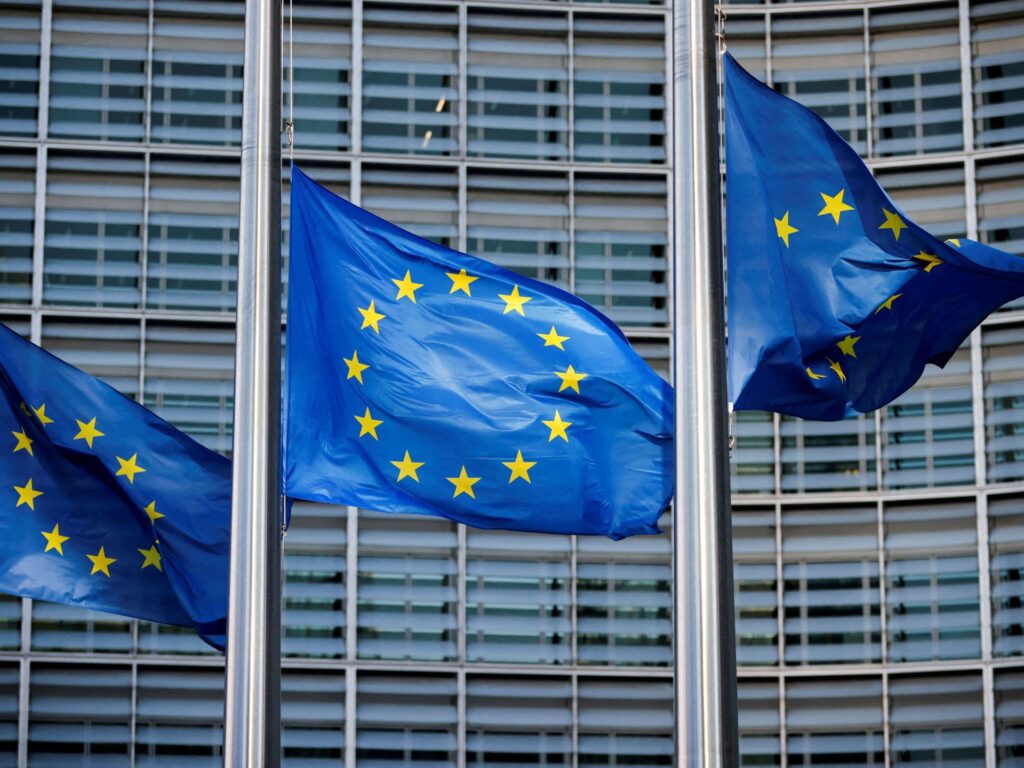The European Union – despite the divisions within its ranks – is trying to reserve a position for itself in the discussions “the day after” the war in Gaza, by receiving a number of Arab officials in Brussels.
Yesterday, Sunday, a delegation of an Arab-Islamic ministerial committee arrived in the Belgian capital with the aim of mobilizing international support to stop the ongoing Israeli war on the Gaza Strip for about 8 months.
The European Union hopes to play a role in establishing a permanent solution between Israel and the Palestinians, after it was unable to come up with strong positions regarding the war in Gaza.
In this context, Today, Monday, European Union foreign ministers will meet again with their counterparts from the Kingdom of Saudi Arabia, Qatar, Egypt, the United Arab Emirates and Jordan, as well as the Secretary-General of the League of Arab States.
The European Union – like a large part of the international community – supports the two-state solution to ensure lasting peace in the region.
European Union Foreign Affairs Officer Josep Borrell believes that only a “strong” Palestinian authority can guarantee peace.
Borrell called on the Palestinians to carry out the necessary reforms, including strengthening the rule of law, and called on Israel to put an end to the expansion of its settlements in violation of international law.
Palestinian authority
Borrell stressed that the presence of an effective Palestinian Authority is also in Israel’s interest, saying, “In order to achieve peace, we need a strong Palestinian Authority, not a weak one.”
It is almost impossible to overcome these differences between countries like Germany, which is keen not to harm its relationship with Israel, and others like Spain, which announced with Ireland the recognition of the State of Palestine.
With Norway, these two European Union member countries announced – last week – that they will recognize the State of Palestine starting on May 28, while other European countries reject this, or consider such recognition to be premature.
These divisions often prevented the adoption of joint statements by the 27 countries of the Union or led to texts or settlements with limited effect. During the European summits in December and February, no text was approved in this regard, and statements were issued after that, but with the participation of 26 countries and not 27, with Hungary abstaining.
The European Union sought to develop a strategy based on some basic principles, including rejecting the return of Hamas – which it classifies as a “terrorist organization” – to the Gaza Strip.
For his part, Palestinian Prime Minister Muhammad Mustafa said – yesterday, Sunday – during the meeting with Borrell that the Authority’s top priority is supporting the Palestinians in Gaza, especially through a ceasefire, and then rebuilding the institutions of the Palestinian Authority.
He also called on international partners to pressure Israel to release funding allocated to the Palestinian Authority, to enhance efforts towards establishing a state and bringing peace to the region.


